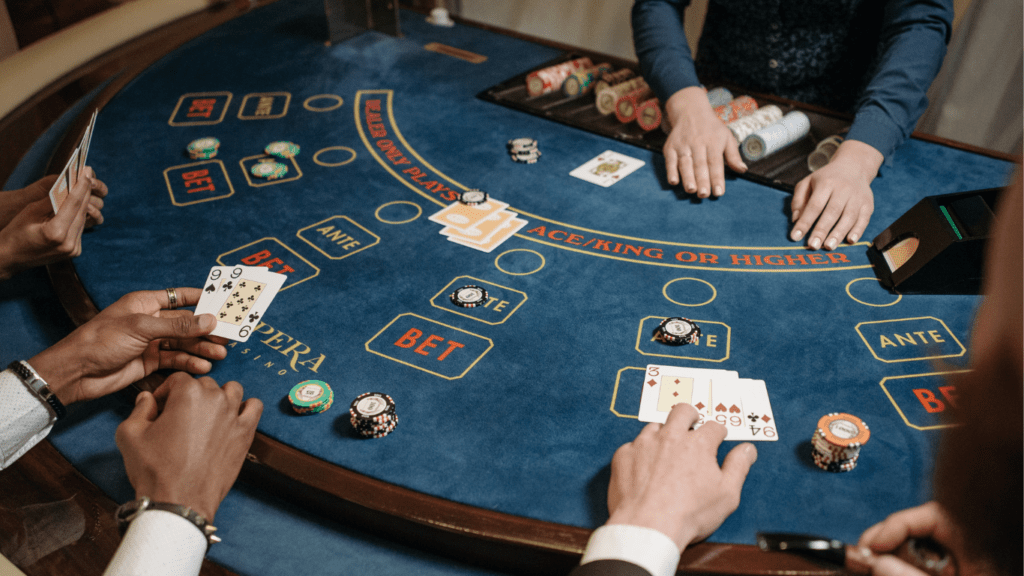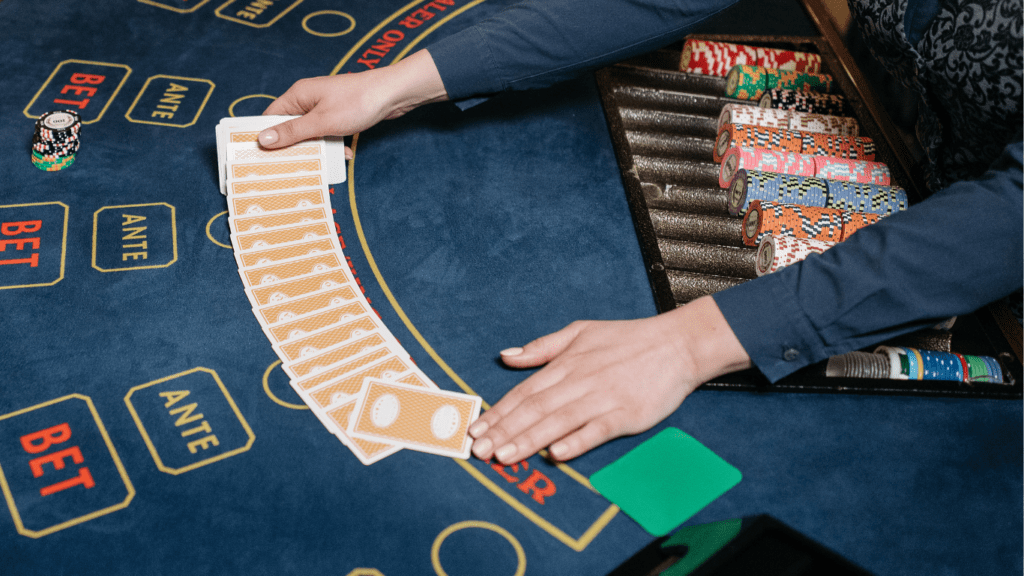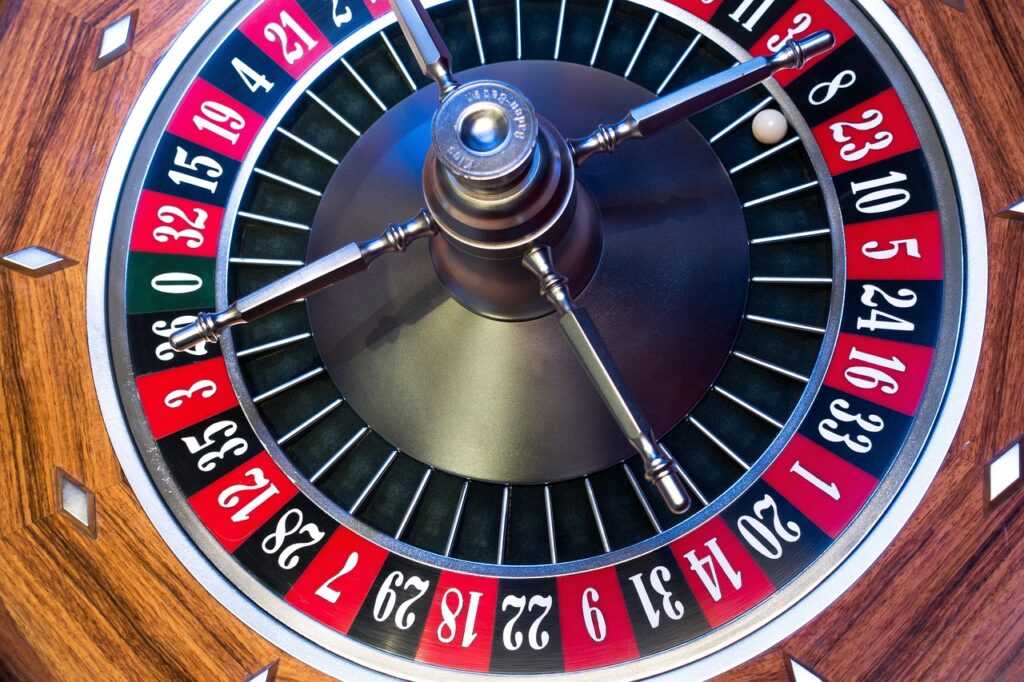The Art of Poker
Poker’s a strategic game demanding acute observation and mental agility. Through mastering specific strategies, players can significantly enhance their winning odds.
Mastering Poker Strategies
Developing essential poker strategies begins with a solid grasp of hand rankings and positional play. Knowing the strength of various hands, from pairs to royal flushes, aids in making informed decisions. Positional awareness, specifically understanding the advantage of acting last in a round, provides a strategic edge. I find that employing a mix of aggressive and conservative play styles, based on the table dynamics, enhances adaptability and unpredictability.
Reading Your Opponents
Observing opponents’ behavior is crucial for gaining insights into their strategies. Key indicators include betting patterns, physical gestures, and timing tells. For example, frequent large bets might suggest a dominant hand or a bluff. By attentively noting how players react in different situations, I can discern their potential tactics and adjust my gameplay accordingly.
Bluffing Techniques
- Bluffing serves as a powerful tool in poker when executed strategically.
- Effective bluffs often rely on creating a consistent narrative that convinces opponents of a stronger hand.
- This involves considering prior bets and the board’s community cards.
- Timing’s key; bluff too early or too often, and opponents may catch on.
- I’ve learned to blend bluffs with genuine plays, maintaining an air of mystery about my hand strength.
Winning at Baccarat
Baccarat is a game of elegance and chance, combining straightforward rules with strategic choices. My focus here is to enhance your understanding and offer techniques to increase your winning potential.
Understanding Baccarat Rules
In baccarat, the objective is betting on the hand closest to a total of nine. There are two primary bets: Player and Banker. The game uses a standard deck of cards where face cards and tens hold zero value, while aces count as one. Each player receives two cards, but a third card might be drawn based on specific conditions. Mastery of these basics assists in making informed decisions during gameplay.
Betting Wisely
Selecting the right bet is pivotal in baccarat. Statistically, the Banker bet holds a slight edge due to its lower house edge of approximately 1.06%, compared to the Player bet at 1.24%. The Tie bet, however, carries a much higher house edge, generally around 14.36%, making it less favorable. Consistently opting for the Banker bet can enhance your probability of success over numerous rounds.
Managing Your Bankroll
- Effective bankroll management is essential for sustained gameplay.
- I allocate a specific budget before playing, avoiding chasing losses or betting beyond my means.
- Betting in consistent units and adjusting stakes based on my performance keeps my strategies disciplined.
- Setting win goals and loss limits protects my bankroll from significant fluctuations and contributes to a more enjoyable gaming experience.
Other Table Games to Consider

Diving beyond poker and baccarat opens up a world of strategic and thrilling table games. Each game offers its own unique challenges and requires specific skills for mastery.
Blackjack Tips and Tricks
Mastering blackjack hinges on a mix of strategy and quick decision-making. Understanding the basic strategy chart significantly boosts winning odds by dictating the best play for every hand against any dealer upcard. Card counting can offer an edge if casinos permit it, helping determine when the odds are in your favor. It’s vital to manage bets based on the count to maximize potential gains while minimizing losses. Avoiding insurance bets and maintaining a clear focus on bankroll limits are key to long-term success. Consistently applying basic strategy and keeping emotions in check during play are fundamental.
Success in Roulette
Success in roulette depends on understanding its probability-driven nature. European roulette, with a single zero, offers better odds than its American counterpart with double zero. Opt for inside bets like straight-ups for higher payouts or outside bets for better chances of winning. Employ betting strategies like the Martingale only within a budget to avoid hefty losses. Keep track of past results to spot trends, though it’s essential to remember that each spin is independent. Balancing between chasing high rewards and playing it safe can enhance the gaming experience.
Exploring New Games
- Exploring new games broadens strategic horizons.
- Baccarat variations like Chemin de Fer invite players to take on a more active role, influencing decisions rather than relying solely on chance.
- Craps offers a complex but rewarding experience; understanding odds and placing bets wisely proves beneficial.
- Three Card Poker combines poker dynamics with simpler rules, providing a swift yet strategic challenge.
- Approaching each new game with an open mindset and learning its rules and nuances leads to discovering exciting opportunities and solidifying table game prowess.
Building a Competitive Edge
Thriving in table games requires more than strategy; it involves cultivating a competitive mindset. This includes honing emotional control, understanding opponents’ actions, and adjusting tactics in real-time.
Emotional Control and Patience
Maintaining composure is critical in unpredictable game situations. Emotional control prevents impulsive decisions that can lead to quick losses. I avoid letting emotions influence my play, especially after a bad beat. Patience allows me to wait for the right opportunities, ensuring I only engage in favorable scenarios. In poker, for example, I don’t feel rushed to play every hand; instead, I focus on quality over quantity.
Analyzing Opponent Patterns
Studying opponent tendencies provides a significant edge. I pay attention to betting patterns, noting any deviations or consistencies. Changes in bet size can indicate varying levels of confidence, which I use to adjust my strategy. Observing behavior across different games, like body language in poker or positioning choices in baccarat, helps me anticipate opponents’ moves. Tracking these patterns over time allows me to predict actions with greater accuracy.
Adapting Your Strategy
Flexibility distinguishes good players from great ones. I don’t cling to a single strategy; instead, I adapt based on opponents’ play style and game dynamics. In blackjack, if others at the table vary their bets, I might switch from a conservative to an aggressive strategy. Poker requires dynamic decision-making; I often alter my approach depending on whether the table’s tight or loose. This adaptability keeps opponents guessing and maximizes my chances of success across varied situations.



 Community Engagement Manager
Raymundo Stricklandics serves as the Community Engagement Manager for Dice Gamblers Deal, where he is dedicated to creating meaningful connections with the platform’s audience. His role focuses on fostering an active, engaged community of players by interacting with readers, answering their questions, and ensuring their experience with the site is both enjoyable and informative. Raymundo is deeply passionate about building relationships with fellow gambling enthusiasts, whether through social media, email communications, or direct interaction on the site’s forums. He works tirelessly to ensure that the platform not only provides valuable information but also offers a supportive space where players can share their experiences, tips, and success stories. Raymundo also plays a key role in customer support, addressing user inquiries and providing personalized advice to help players navigate the world of table games and betting strategies.
Community Engagement Manager
Raymundo Stricklandics serves as the Community Engagement Manager for Dice Gamblers Deal, where he is dedicated to creating meaningful connections with the platform’s audience. His role focuses on fostering an active, engaged community of players by interacting with readers, answering their questions, and ensuring their experience with the site is both enjoyable and informative. Raymundo is deeply passionate about building relationships with fellow gambling enthusiasts, whether through social media, email communications, or direct interaction on the site’s forums. He works tirelessly to ensure that the platform not only provides valuable information but also offers a supportive space where players can share their experiences, tips, and success stories. Raymundo also plays a key role in customer support, addressing user inquiries and providing personalized advice to help players navigate the world of table games and betting strategies.
